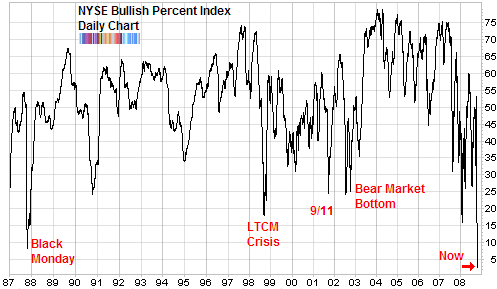Currency ETFs China & Russia Can Use Their Currency Strength To Combat Inflation (NYSE XRU NYSE
Post on: 19 Февраль, 2016 No Comment

Have you ever wondered how billionaires continue to get RICHER, while the rest of the world is struggling?
I study billionaires for a living. To be more specific, I study how these investors generate such huge and consistent profits in the stock markets — year-in and year-out.
CLICK HERE to get your Free E-Book, “The Little Black Book Of Billionaires Secrets”
Given the fact that much of the really politically troublesome side of the inflation problem in China is rooted in imported commodities — grain and fertilizer, as well as oil — it is no surprise that letting the yuan float may be the solution.
As each yuan gains more buying power, Chinese consumers can get more food and fuel for their money, which is the opposite of the current inflationary scenario.
In fact, the yuan has been very strong lately — printing 6.5 to the dollar on Friday, which is the Chinese currency’s lowest level since 1993!
Although China has not admitted any plans to artificially strengthen the yuan, Russia may take a more aggressive stance with the ruble — largely out of sheer necessity.
Finance minister Alexei Kudrin says Bank Rossii will wield a strong ruble in order to fight what could otherwise turn into out-of-control inflation in Russia.
At the moment, Kudrin and company are steeled to see Russian consumer prices surge at least 7% to 8% over the next five months before cooling somewhat.
Both of these moves should help Chinese and Russian consumers afford what they need even if commodity prices climb higher. The net result: strong demand for food, fertilizer and fuel can continue and even push prices upward in dollar terms — without necessarily driving either country to clamp down on monetary policy.
The real upshot should be stronger foreign currency funds like CurrencyShares Russian Ruble Trust ETF (NYSE:XRU) and WisdomTree Dreyfus Chinese Yuan ETF (NYSE:CYB) and no end in sight to the commodity boom.
Written By Tim Seymour From Emerging Money
Emerging Money provides insightful and timely information about the increasingly important world of Emerging Market investments. CNBC Emerging Markets Contributor Tim Seymour leads the team of Emerging Money to bring you cutting edge global news and analysis.
About Tim Seymour: Tim is a founder of Emerging Money. He is a founder and Managing Partner at Seygem Asset Management, and The Emerging Markets Contributor to CNBC. Seygem Asset Management focuses on investing throughout the global emerging markets asset class. With a view that emerging and developing economies will continue to outpace the economic growth and advancement of developed economies, Seymour has devoted a career to investing in the dominant markets of tomorrow, today. Seymour’s career has included significant experience in both alternative asset management (hedge funds) and capital markets, having launched two hedge funds, and built the largest Russian broker dealer in the USA. Seymour started his career at UBS, focusing on international credit (cash, swaps, forex) in a specialized hedge fund group (New York). Seymour completed the firm’s training program after graduating with an MBA in international finance from Fordham University. Seymour received his undergraduate degree at Georgetown University.














